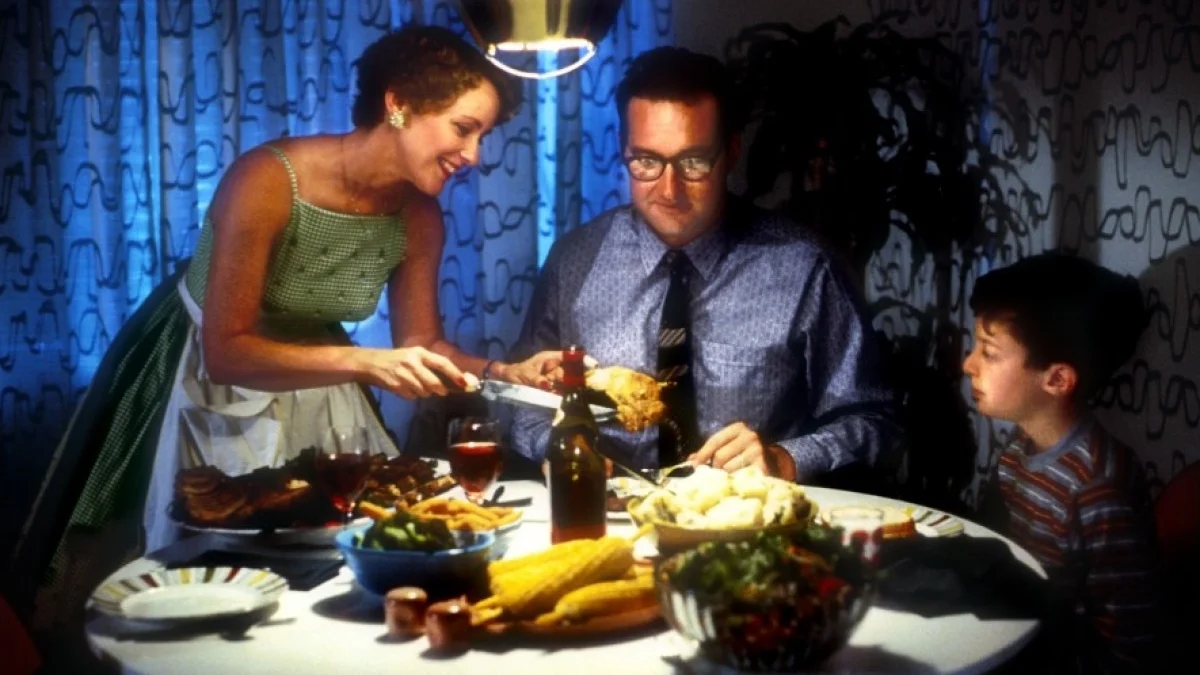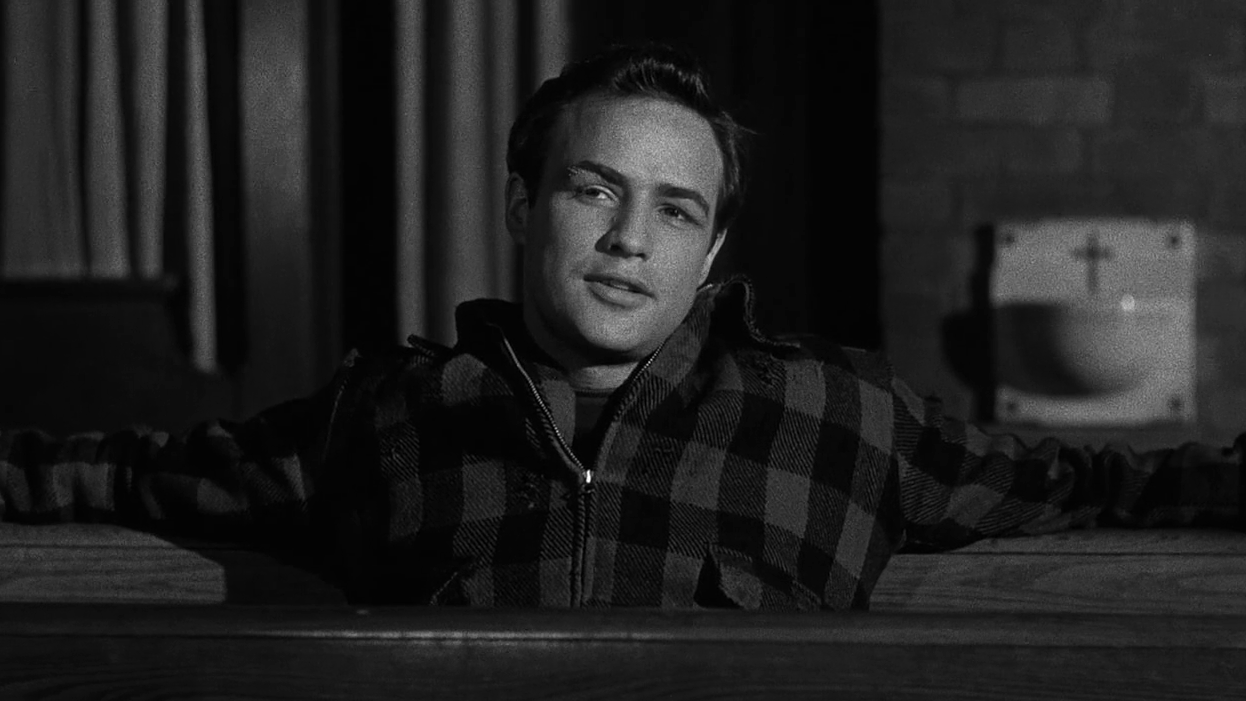Talk Film Summer Camp: Parents' Day - Parents (1989)
Howdy again, campers and thank you for joining us on this inaugural Talk Film Summer Camp Week! It’s been an educational and we hope, entertaining time for everyone who’s followed along with us. We also hope you leave this first Film Summer Camp with a deeper appreciation for all things film, and the work that goes into making the movies you love possible.
And what Summer Camp would we be, if we didn’t include a Parents’ Day? Every camp has one—usually toward the end of the week, where we look back on what we did or learned together, and show off to Mom and Dad.
But this isn’t your standard summer camp, and so we’re not going to do Parents’ Day in any standard way.
No, instead we’re going to talk about the different aspects of filmmaking we covered this week and dive into what about those aspects makes 1988’s Bob Balaban comedy-horror Parents, work as well as it does. The lighting, the directing, the writing, the sound, the acting, production and costume design, all come together to make a successful picture that leaves a lasting impression.
Bob Balaban (yes, that Bob Balaban) helms this production like a twisted episode of Leave It to Beaver. He takes the cookie cutter suburban lifestyle that Tim Burton would send up in Edward Scissorhands a year later, and wrenches something far more sinister and gruesome out it. And he managed to do that by basing the perspective of the film in the eyes of young Michael Laemle (Bryan Madorsky).
Bryan’s surrounded in unfamiliar, newly-built neighborhoods and schools, all bright and colorful. But he stands out. He’s the weird new kid in class, whose only friend is a trouble-making older girl who was held back for acting out. All the adults who might make him feel more at home, tower over him and condescend to his needs (there’s a combination of camerawork and writing for you).
But what really makes the cannibalistic events in this film disturb so much are four aspects of film we’ve covered this week, that harmoniously come together.
First, there’s the lighting. Parents is lit brightly, and colorfully, to make full use of its ‘50s era interiors, all appearing torn from the pages of Better Housekeeping. The use of smart shadow and light keeps your eye focused but moving in the frame, along with the suspenseful action. A standout sequence involving Michael tailing his father to work in the Human Testing Lab for a chemical plant is a prime example. Unsettling the audience by using shadow for safety and the harsh work light Dad uses to examine a specimen in the morgue, Balaban’s film upends the same imagery it leverages to make its setting. The film also lights all the meat in the film in slimy, wet detail, which really does a number on your appetite while viewing.
That setting, it should also be noted, is staged perfectly by smart production design, focused on mid-century modern furniture, suburban sprawl architecture in the Laemle’s neighborhood, and the finer details of their kitchen, like the finishings on their cabinets or the clean steel appearance of their appliances. The ink swipe detail on the dining room’s wallpaper, inspired surely by Jackson Pollock whose work came to prominence following his death in 1956, is a neat background design detail to watch for.
The same attention to detail even extends to the costume design. Mary Beth Hurt, playing Michael’s mother Lily, is constantly seen in cocktail and tea-length dresses throughout the film, and Nick himself (Randy Quaid) looks like Ward Cleaver in cardigans, narrow neckties and horn-rims.
Quaid and Hurt’s performances are the truly stellar pieces of this film, though. They commit fully to the reality of following in the classic '50s sitcom family’s footsteps, treating cannibalism like it’s something you talk to junior about after he throws a baseball through the bay window.
But they also allow the darkness of their reality bubble to the surface—Quaid in particular plays the disciplinarian of the family well, allowing Nick’s stress over his son’s reluctance to partake of the meat he works hard to put on the table (literally, he trucks it out of the morgue) come through in spurts of anger toward Michael. Hurt’s own loving and doting performance contrasts beautifully, and she even gets her own moments to let the darkness of her life as a suburban cannibal come out. She dodges questions from the school social worker, talks Nick back from punishing Michael too harshly, and even defends her son when Nick has enough at the end of the film.
Putting these tough-to-crack aspects of filmmaking together, Parents was released to a resounding thud in 1989. It’s had a cult following since, though Balaban mostly stuck to television directing and acting since then. But if you haven’t seen it, give it a shot. And if you have, rewatch it with these notes in mind and try to pick up on the details. That’s what this whole week’s been about.
Till next year (hopefully), from myself and the other “counselors” for Talk Film Summer Camp, thanks for reading. And watch more movies!












